Anthropoid: A Missed Opportunity to Explore the Ethics of Resistance
A war film that focuses too much on humanizing its protagonists overlooks crucial ethical questions, reducing a significant historical event to a generic thriller.
The film “Anthropoid,” a joint effort by Czech, British, and French filmmakers, tells the story of Operation Anthropoid, one of the most daring acts of resistance against Nazi Germany. Set in 1942, the film follows two Czechoslovakian soldiers, Josef Gabčík and Jan Kubiš, who are parachuted into Nazi-occupied Prague with the mission to assassinate Reinhard Heydrich, the Reich’s third-ranking official and a notorious architect of the “Final Solution.” As the assassination is repeatedly delayed, the commandos find themselves entangled with the Czech resistance, forming bonds of friendship, camaraderie, and even love. However, duty calls, and Gabčík and Kubiš eventually carry out their attack on Heydrich. The risky operation deviates from the original plan, endangering the lives of everyone connected to the resistance fighters.
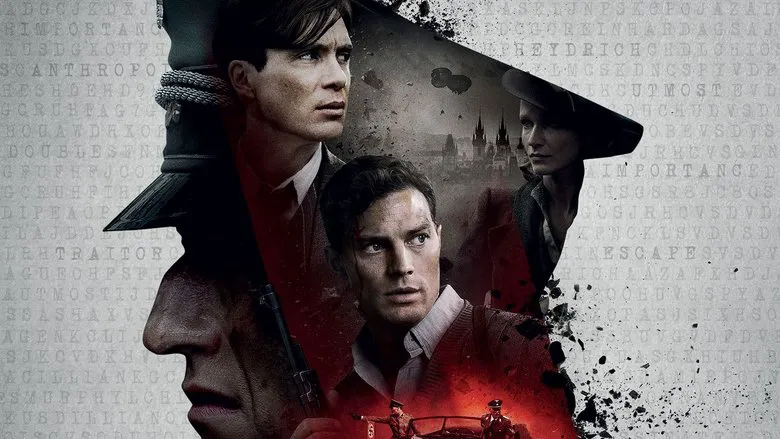
A Story Often Told, But Rarely Understood
The details of Operation Anthropoid have been a popular subject in cinema. The first film about the Prague events was made in 1946, and in 2017, two films were released: “Anthropoid” and “The Man with the Iron Heart,” directed by Cédric Jimenez, which also tells the story of Heydrich’s assassination.
While some might look for hidden agendas, the film’s shortcomings can be attributed to a lack of historical understanding and a focus on superficial elements. “Anthropoid” takes liberties with historical facts, and inconsistencies can be easily found. However, instead of nitpicking, it’s more worthwhile to consider the ethical questions that the filmmakers either glossed over or reduced to simplistic human emotions.
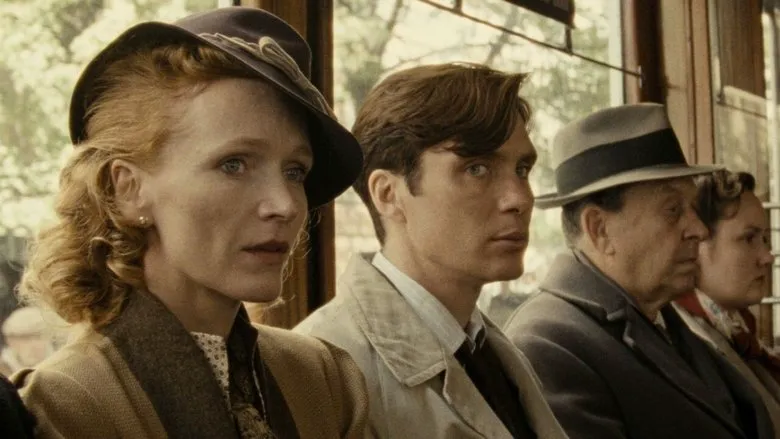
The Uncomfortable Truths of Resistance
One crucial aspect that the film downplays is the motivation behind the operation. While the filmmakers emphasize the desire to eliminate Heydrich’s cruelty, they neglect the more cynical reason: to provoke a violent response from the Nazis and incite further resistance among the Czech population. The assassination was intended to raise the stakes and force people to take action. Was it a ruthless strategy? Yes. But that’s the nature of war, and it’s a crucial element that director Sean Ellis and screenwriter Anthony Frewin avoid.
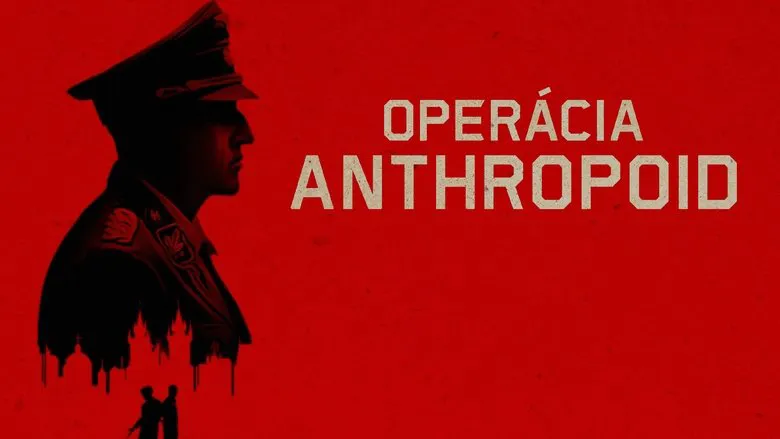
Another critical issue is the responsibility of resistance fighters and the consequences for their families and loved ones. “Anthropoid” tones down the severity of the reprisals. While the film depicts the brutal torture and betrayals, it relegates the devastating aftermath to a brief final title card: “Heydrich’s death resulted in the deaths of over five thousand Czechoslovakian citizens.” In retaliation for the assassination, the Nazis destroyed entire villages where Gabčík and Kubiš’s relatives lived. This raises profound questions about the ends justifying the means. In the film, however, these sacrifices are reduced to the death of a woman who falls in love with one of the heroes. It feels shallow and somewhat cowardly.
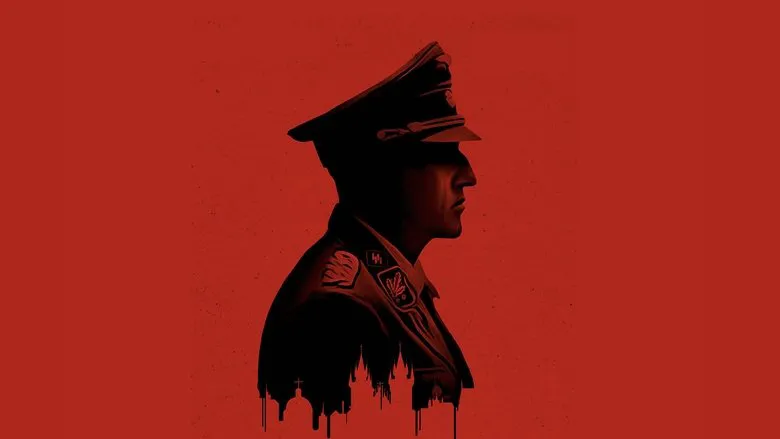
A Generic Thriller Instead of a Thought-Provoking Drama
Without addressing these crucial questions, without grappling with the causes and consequences, and without attempting to understand the true cost of resistance and liberation, the film becomes a generic war thriller. “Anthropoid” focuses more on shootouts and the danger of exposure than on the profound ethical dilemmas at the heart of the story. While the film may help to recall the events of the dramatic operation, it lacks context and fails to connect to the broader themes of World War II.
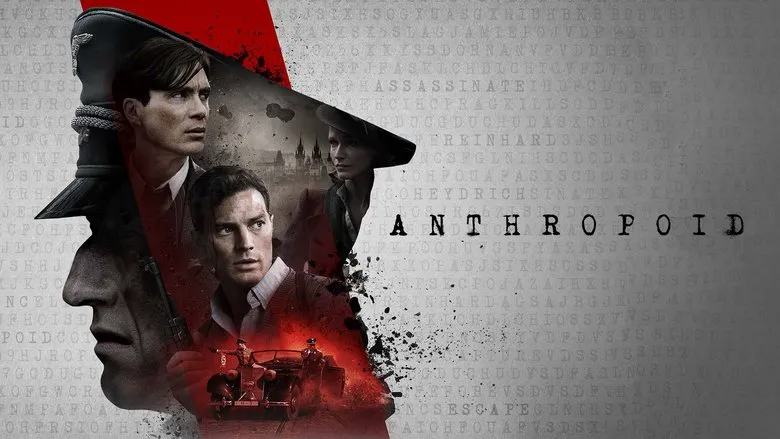
Against this backdrop, the actors’ efforts seem unremarkable. Cillian Murphy and Jamie Dornan deliver solid performances, but they don’t bring anything extraordinary to their roles. Similarly, Toby Jones is consistently somber, whether playing an opponent of Nazism or a henchman of fascism. The production design is commendable, with the filmmakers transforming the streets of Prague into a battlefield and recreating locations that are now inaccessible. However, “Anthropoid” lacks depth and courage.
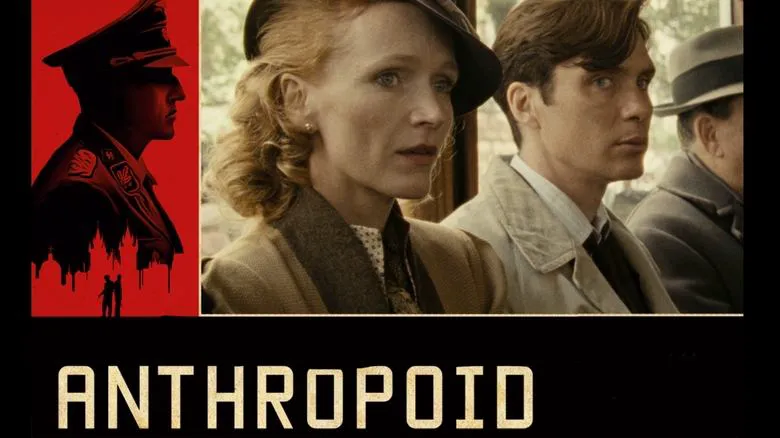
Sean Ellis’s film is an example of how an important story about self-sacrifice can be diluted and rendered lifeless by a desire to conform to standard dramatic conventions. The film’s focus on details obscures the bigger picture. Unfortunately, “Anthropoid” is little more than a heroic potboiler, a dramatic read for an evening, just enough to keep the viewer from falling asleep. Real war and partisan resistance were far more complex, but cinema rarely tells that story, and certainly not in this case.